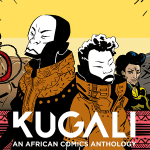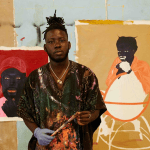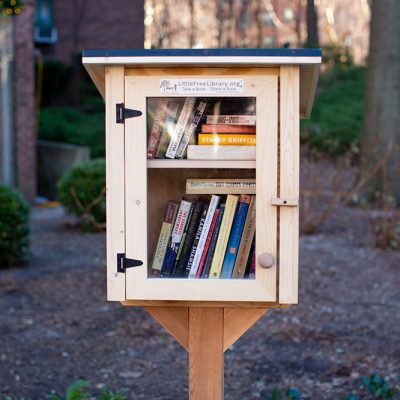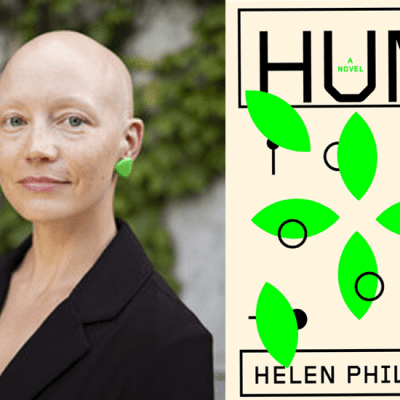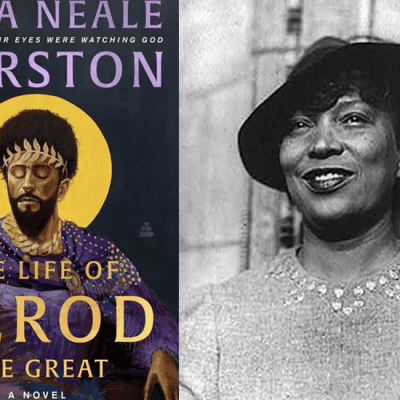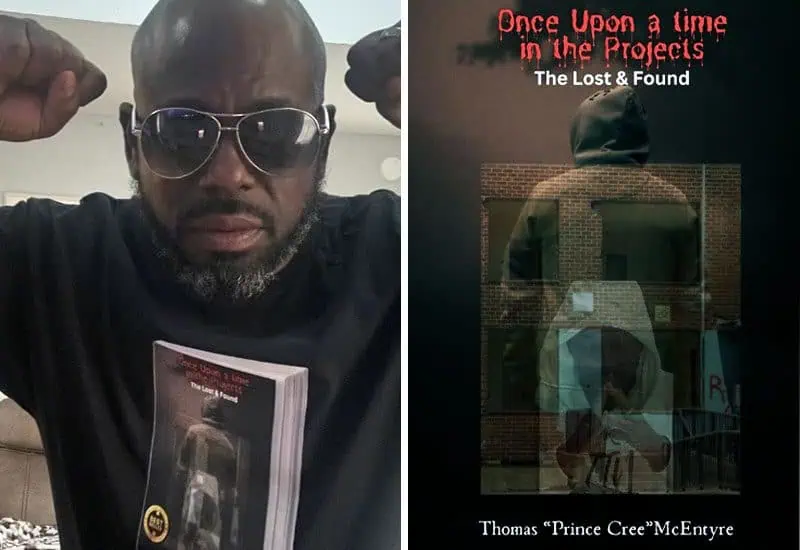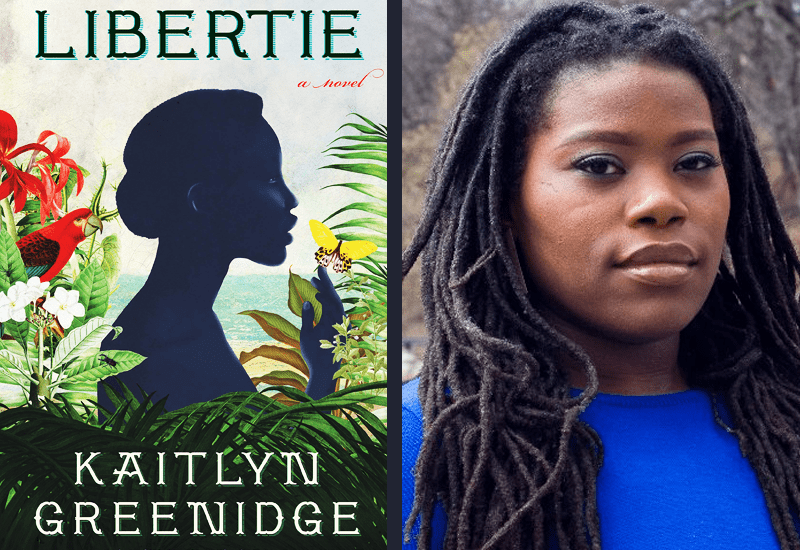
In an interview with Kukuwa Ashan of Electric Lit, Kaitlyn Greenidge discusses her recently released novel, Libertie––one of JARO’s most anticipated reads of 2021.
A gripping story about the meaning of freedom, Libertie follows free-born Libertie Simpson and her life in Reconstruction-era Brooklyn. Her mother, a physician, yearned for Libertie to follow in her footsteps. But she’s more drawn to music than science, and wishes to construct a different life for herself. It’s a tale inspired by the life of one of the first Black female doctors in the United States, exuding historical details. The novel is set in two Black spaces: the working class Black community in Central Brooklyn, and Jacmel, Haiti, the first free Black Republic. But problems surrounding gender roles, colorism, and religious beliefs continue to reign in these communities.
Motherhood is explored in Libertie, but not in the black-and-white way that is typically narrated. In Libertie, it highlights the mothers who don’t sacrifice their own ambitions in order to raise children. “I wanted to write about mothers who do have wider world ambitions, who try to do both, and hopefully aren’t too terribly punished for it. They get to live complicated lives where the love that they have for their children is still palpable,” said Greenidge.
Of course, liberation is also a major theme within the novel. Set a few years after slavery ended, Black people were now setting up their own newspapers, churches, hospitals, and creating communities during the Reconstruction period. “I don’t know many types of people who could’ve lived through slavery and two years later say, ‘I’m starting a newspaper.’ And not only am I starting a newspaper, but I’m also going to include a primer to teach people how to read because I have the foresight to understand that not everybody in my community knows how to read and I want them all included. That is some genius level thinking that comes from us, from Black people!” Greenidge said. Truly, the resilience of Black people is prodigious.
But, what exactly does it mean to be free? Greenidge wished to examine alternative definitions of freedom outside of the main American narrative, which is typically about domination over those who have less power. “If we can think of a freedom that doesn’t include domination of another gender, of your children, of the land, of someone who you think is lesser than you—what does that look like? The people who are often being dominated, the people who are at the bottom of society, usually have a grander understanding and vision for what freedom could mean because they’ve been enacted upon as part and parcel of how much we’ve missed.”
Libertie, a free born Black woman in New York, is still considered to be at the bottom because of her dark skin. Greenidge challenges the perception that being in an all-Black space automatically creates the feeling of being free. In the novel, both Black communities in Brooklyn and Haiti that Libertie resides in reveal that this is not necessarily true. “Unless we come up with a better definition for freedom, we’re just going to repeat the same violence that went into the making of the Western world that we are products of … For Black people that could mean a society and community that is truly interested in serving and giving voice to all of us, not just some of us—even those who we disagree with,” said Greenidge.
Kaitlyn Greenidge is the award-winning author of We Love You, Charlie Freeman. Her second highly awaited book, Libertie, is now available for purchase at your local bookstore or through Amazon. Read the full in-depth conversation between Greenidge and Ashan on Electric Lit.


